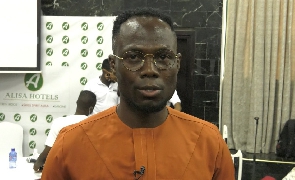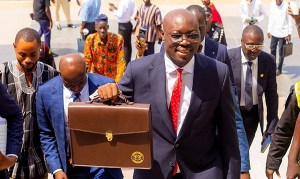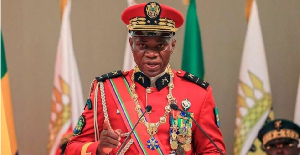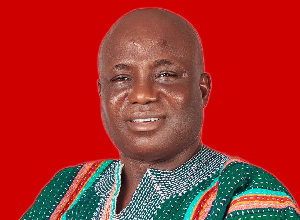Accra, Nov. 4, GNA - Vice-President John Dramani Mahama on Wednesday said the involvement of children in the implementation and enforcement of Acts and Conventions that protected their rights was critical to their effectiveness.
He said the era when children were only to be seen but not heard, should give way to a more involving and participatory system where they would not only express their opinions about issues affecting them but taken serious by adults as partners in development. Vice-President Mahama made the observation in a speech read for him by Ms. Akua Sena Dansua, Minister of Women and Children's Affairs (MOWAC), at a UNICEF workshop on Convention on the Rights of the Child in Accra. It is to provide a platform for interaction between children and the legislature on the Acts and Conventions and attended by selected children from all the regions.
He pointed out that Ghana had come a long way since it ratified the Convention on Children about 20 years ago, yet the challenges of ensuring its total enforcement and compliance were many and far reaching. Vice-President said though a lot had been achieved over the past years, problems such as lack of both human and financial resources as well as logistical constraints had hampered the implementation and enforcement of the various Acts and Conventions.
However, he said government was committed to ensure the necessary budgetary allocation and the requisite skills instituted to ensure that the various legislations were enforced. "Extra-ordinary steps should be taken to bring about inter-sectoral collaboration that would generate synergy to progressively realise the rights of all children in Ghana, "he added. Vice-President Mahama said there was the need to critically examine efforts being made so far to ensure that all sectoral interventions such as health, nutrition, education, water, sanitation, justice, social welfare, labour and industry, were synchronised in the best interest of children. Vice President Mahama stressed on the importance of listening to issues and concerns of children and being sensitive not only to acts of commission but those of omission as well.
"We as a nation have a duty and an obligation to assert ourselves as a nation that believes in realising the rights of children," he said. He called on MOWAC to ensure that concerns raised by the children on efforts made so far in the implementation and enforcement of the Convention of the Child and other issues were forwarded to Parliament for further action.
Ms. Dansua said Ghana had taken various steps since the ratification and promulgated various Acts including the Children's Act of 1998, (Act 560) with a Legislative Instrument (LI), 1705, to aid its implementation. Others are the Criminal Code Amendment Act of 1998 (Act 554), the Juvenile Justice Act of 2003 (Act 653), the Human Trafficking Act of 2005 (Act 649) and the Domestic Violence Act (Act 732), all geared towards safeguarding children's rights in the country. She said other international protocols such as The African Charter on the Rights and Welfare of the Child in 2005 and the Convention on the Worst Forms of Child Labour (Convention 182) were among the many efforts being made to secure children's rights.
Ms. Dansua said currently children were being given the opportunity to freely express their opinions and make inputs in the formulation of national policies and other important frameworks that concerns them. She urged metropolitan, municipal and district assemblies to activate their Child Panels to serve as avenues for child involvement in governance. At an open forum, children expressed their displeasure at the way and manner parents meted out punishments to them. They suggested less harmless corrections such as solemn verbal advices and reprimands that would encourage and motivate them for a more positive change, rather than punishments that demoralised and make most children more hardened and poised for future revenge. The children accepted that their rights went with responsibilities that required them to obey and respond positively to laid down rules and regulations that governed the country.
They pledged to form peer education groups in the regions and communities to educate their peers on the rights and conventions to help them realise their role and potentials as future leaders of the country. 4 Nov. 09
Regional News of Wednesday, 4 November 2009
Source: GNA












